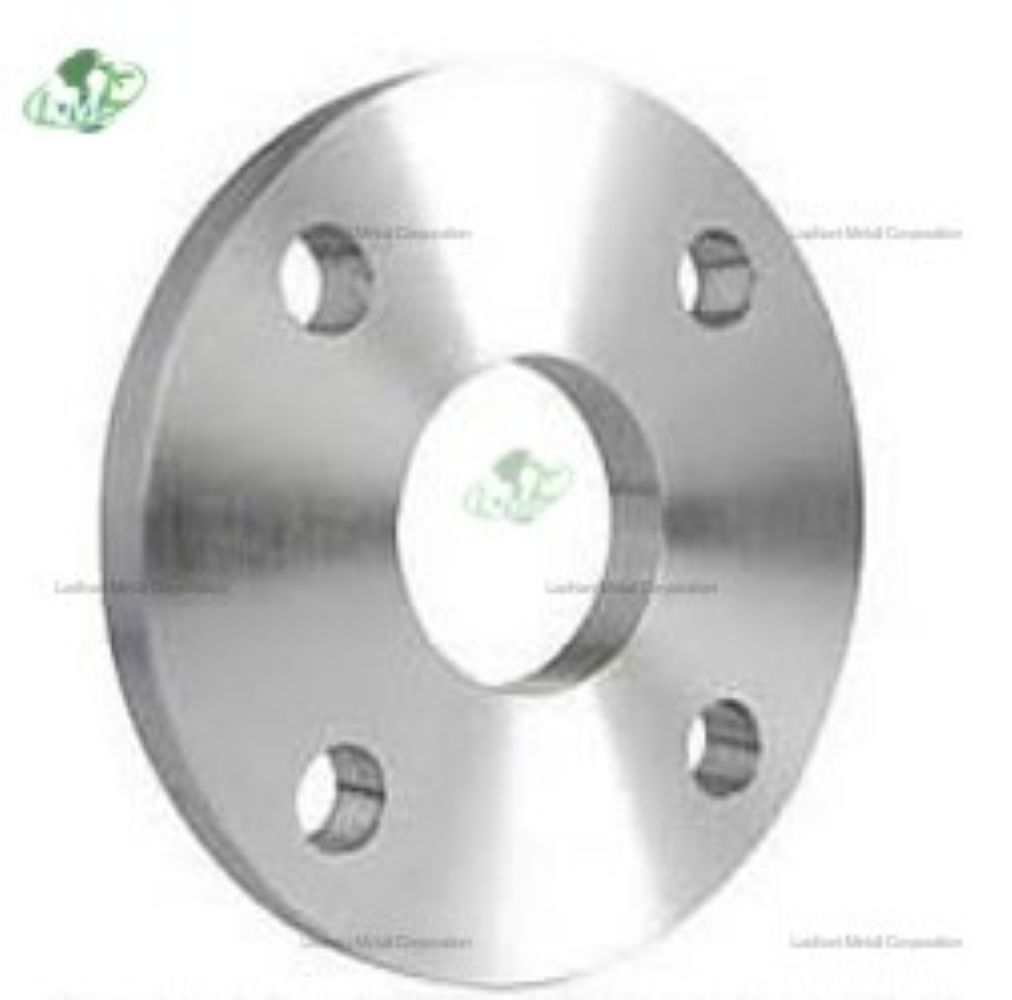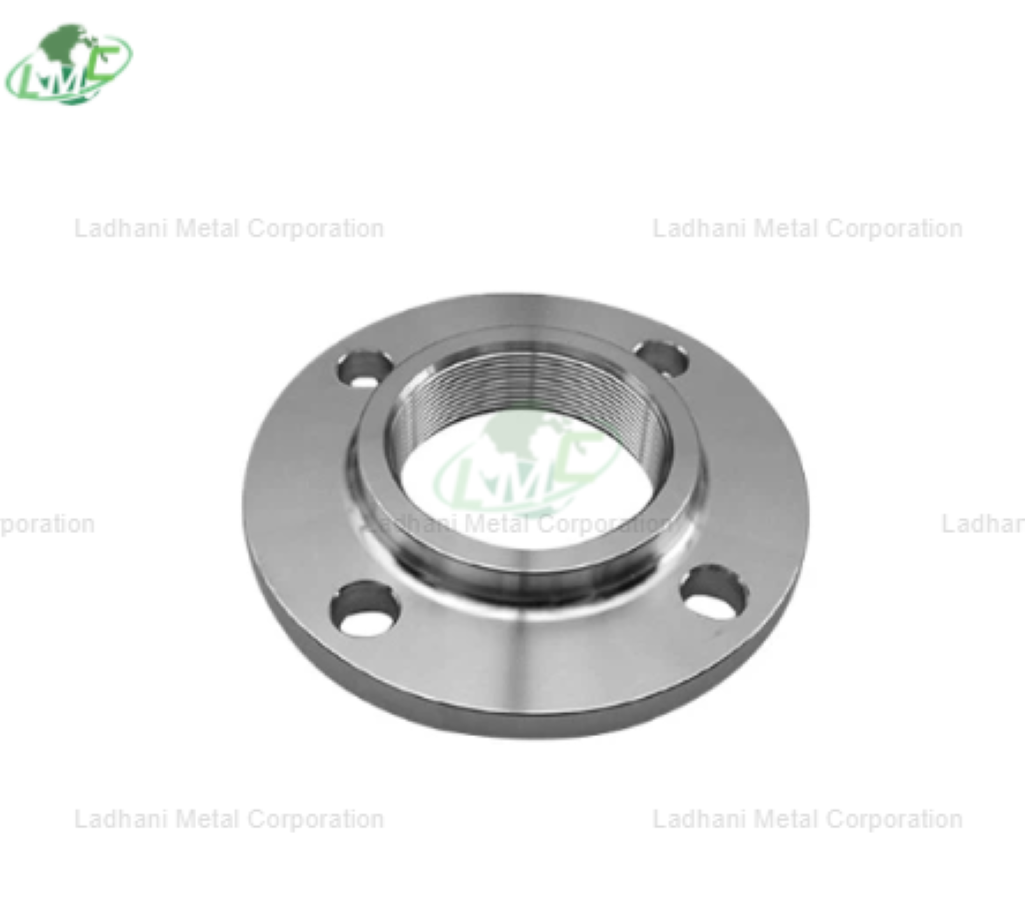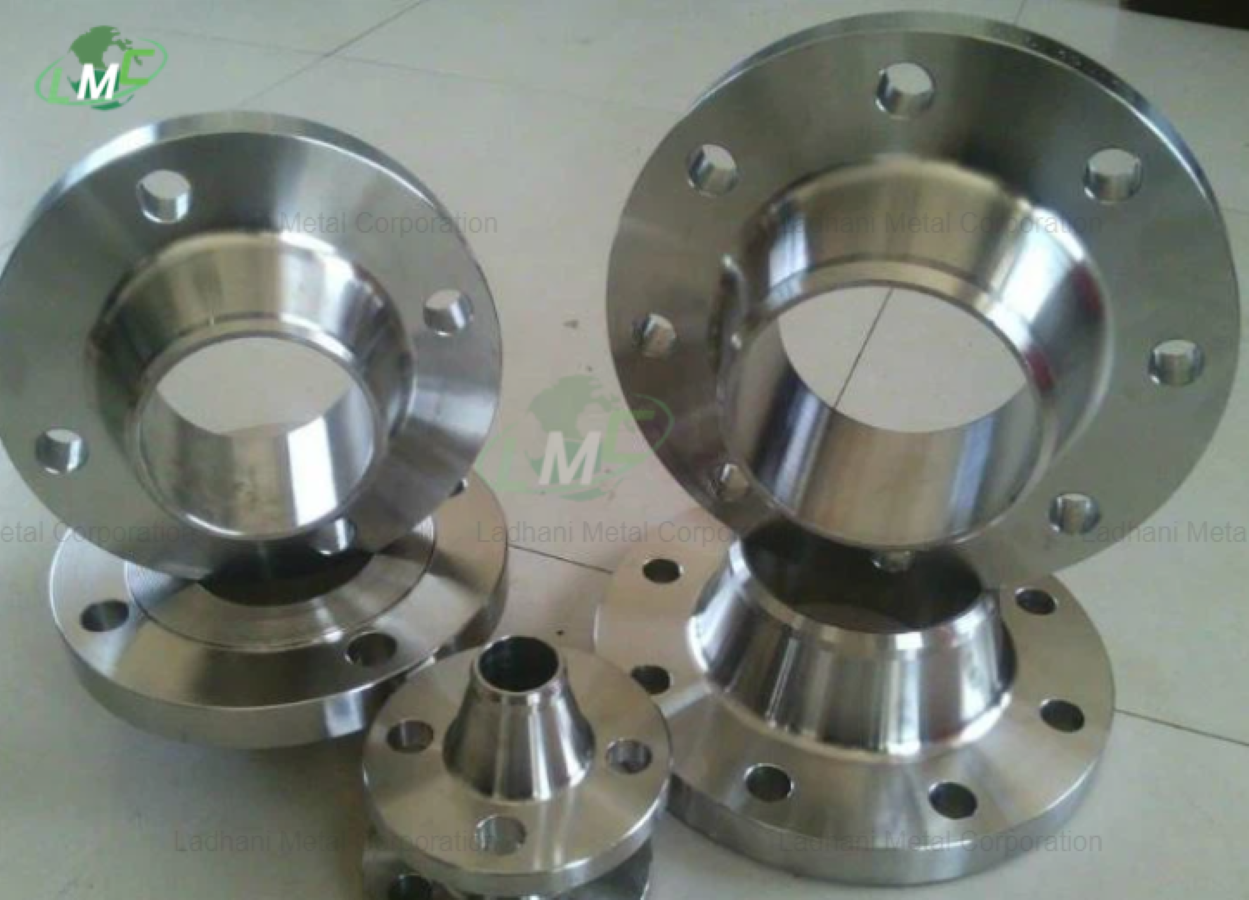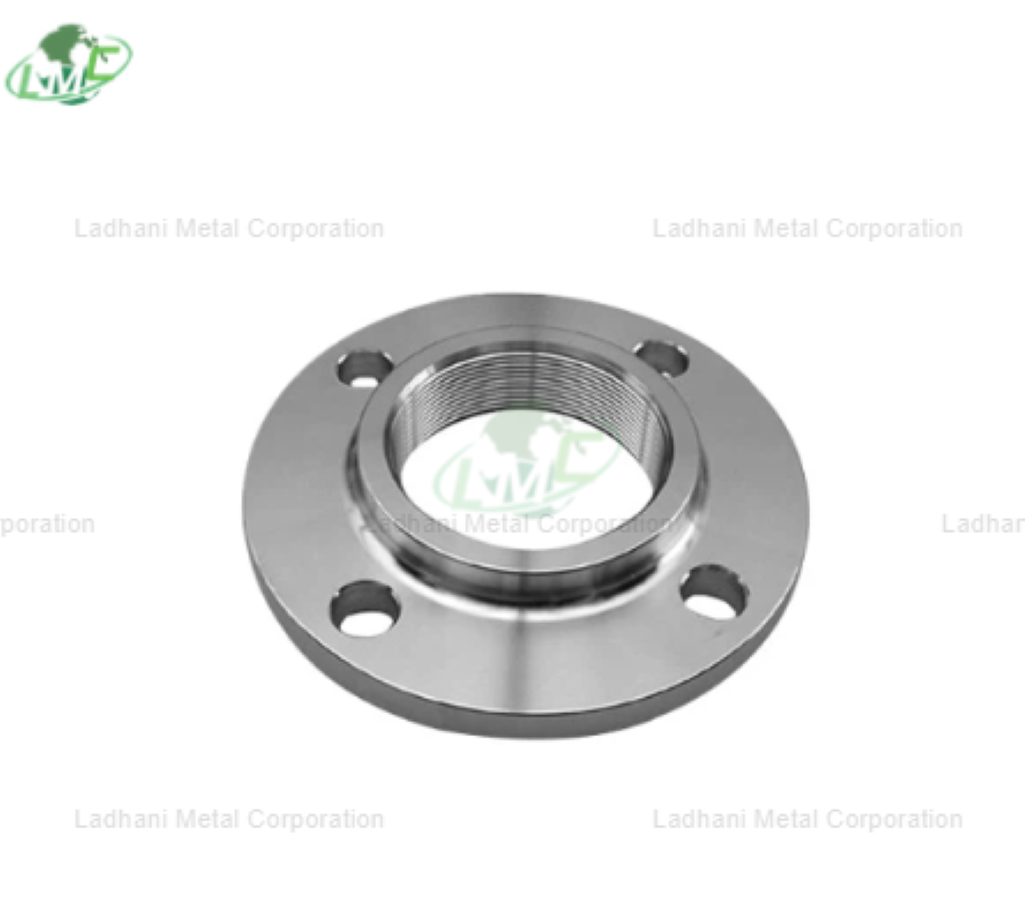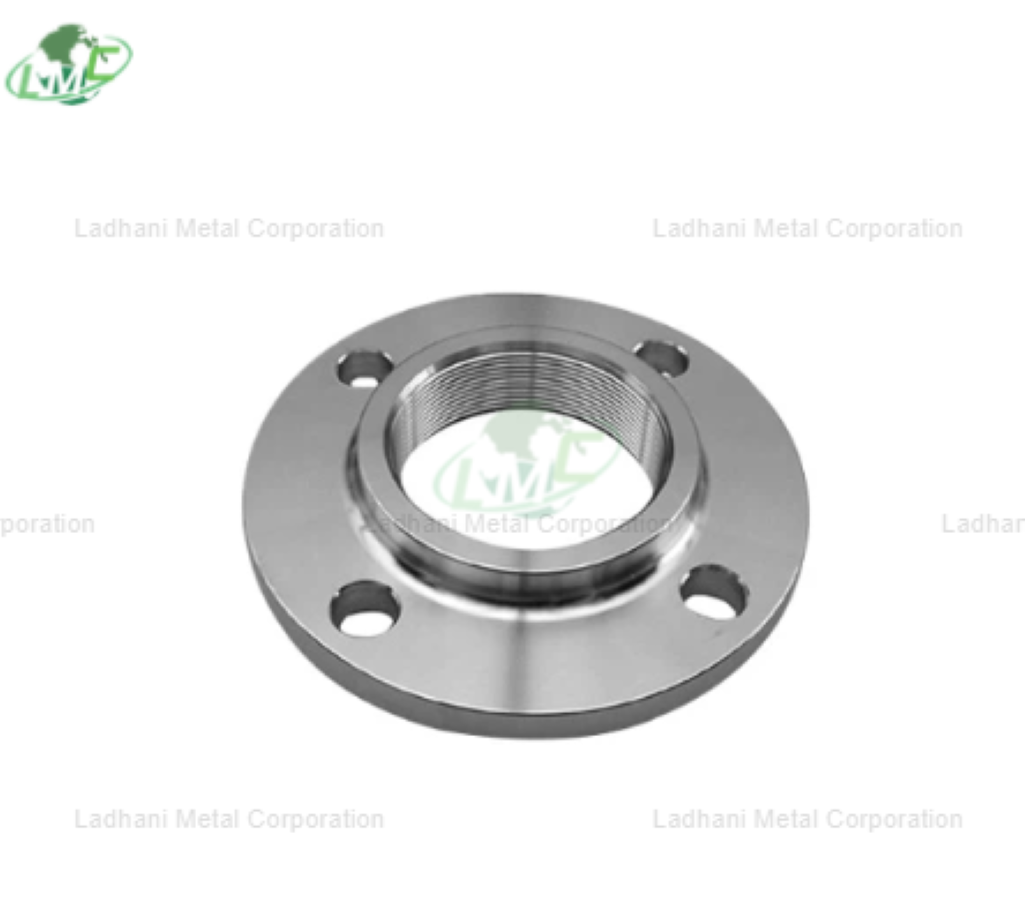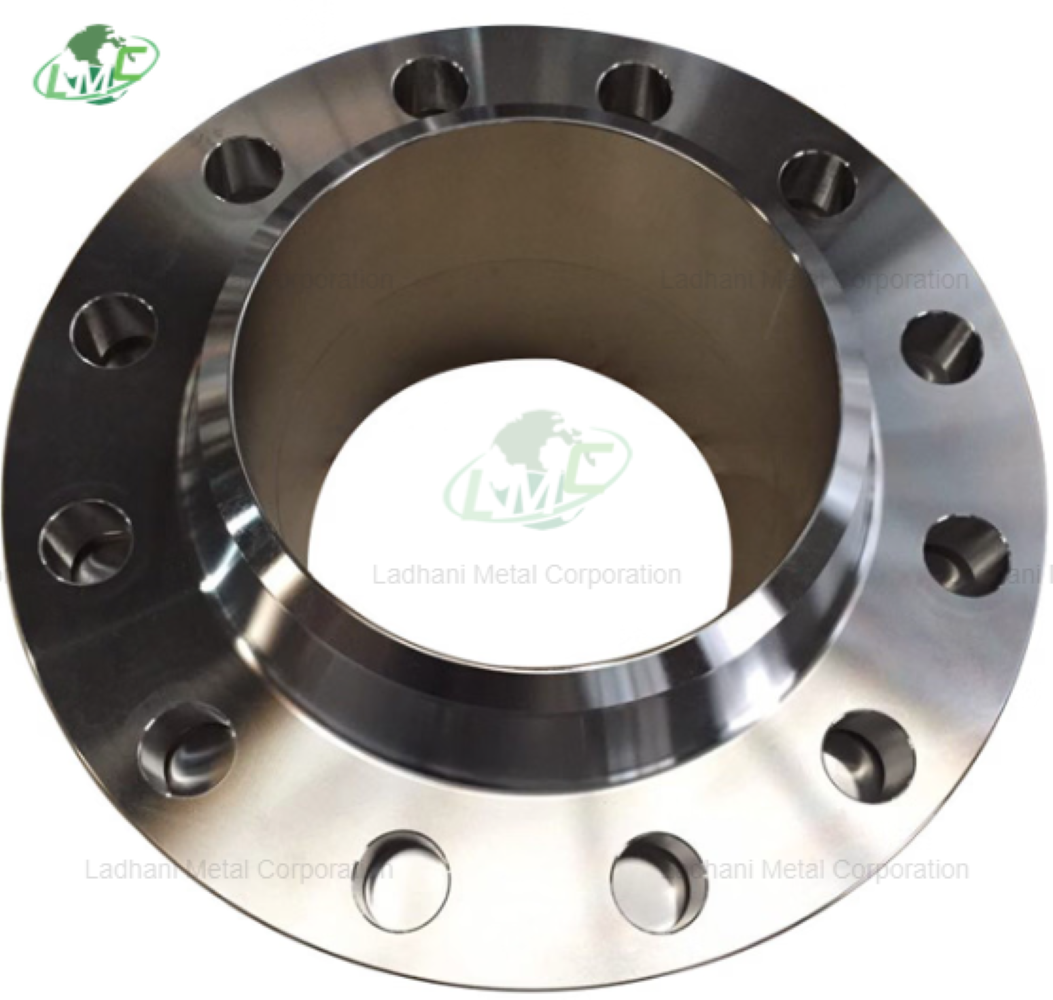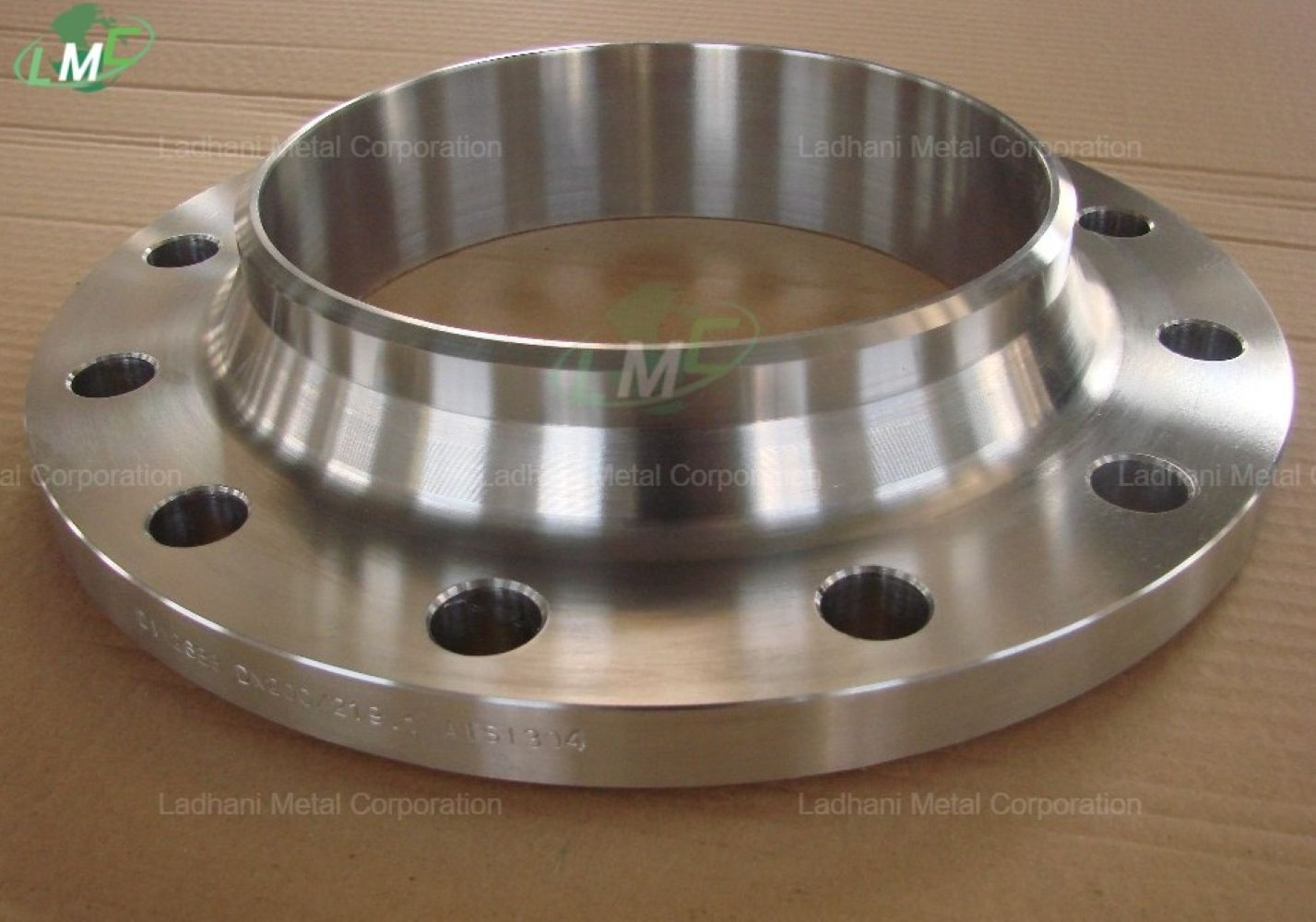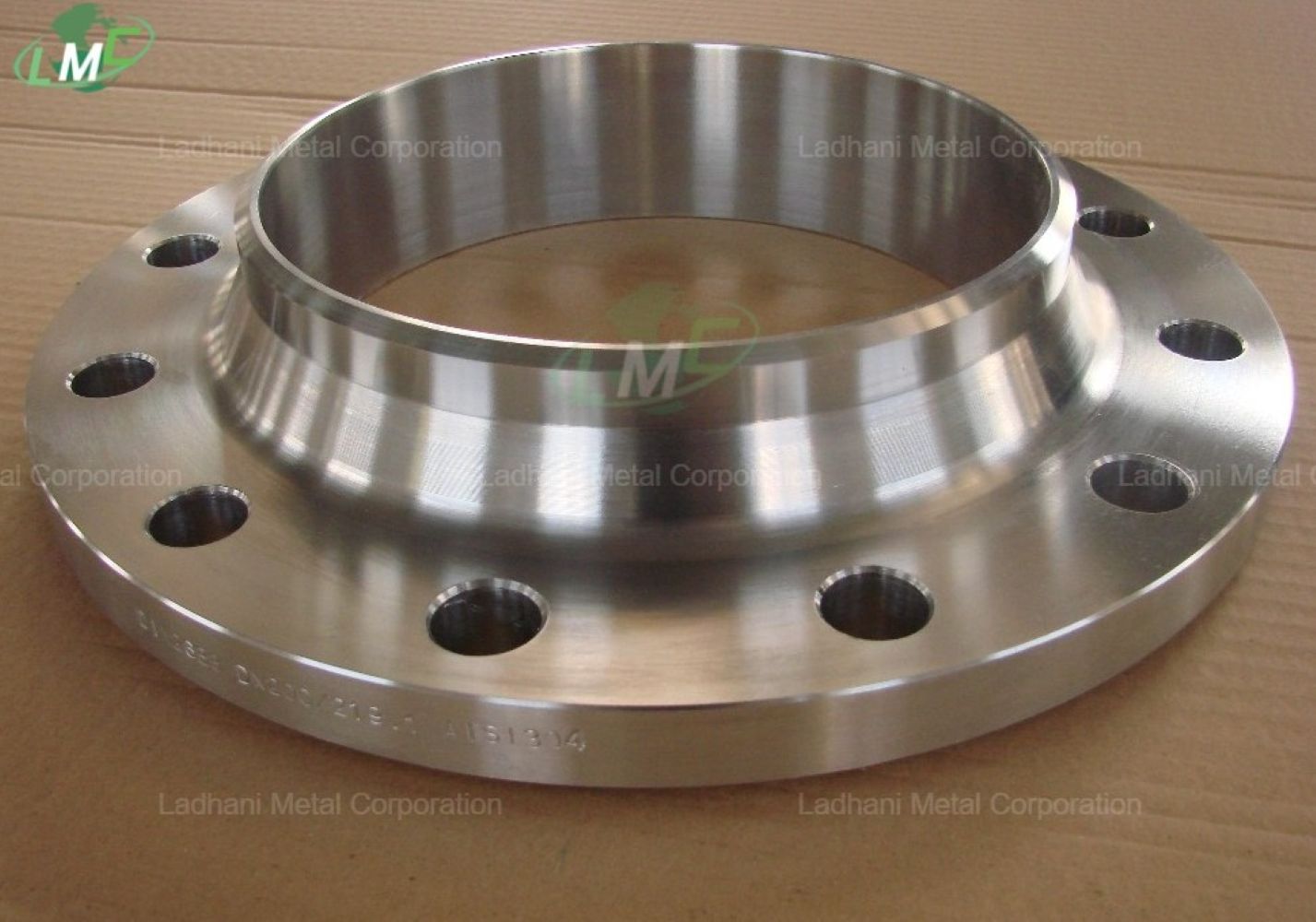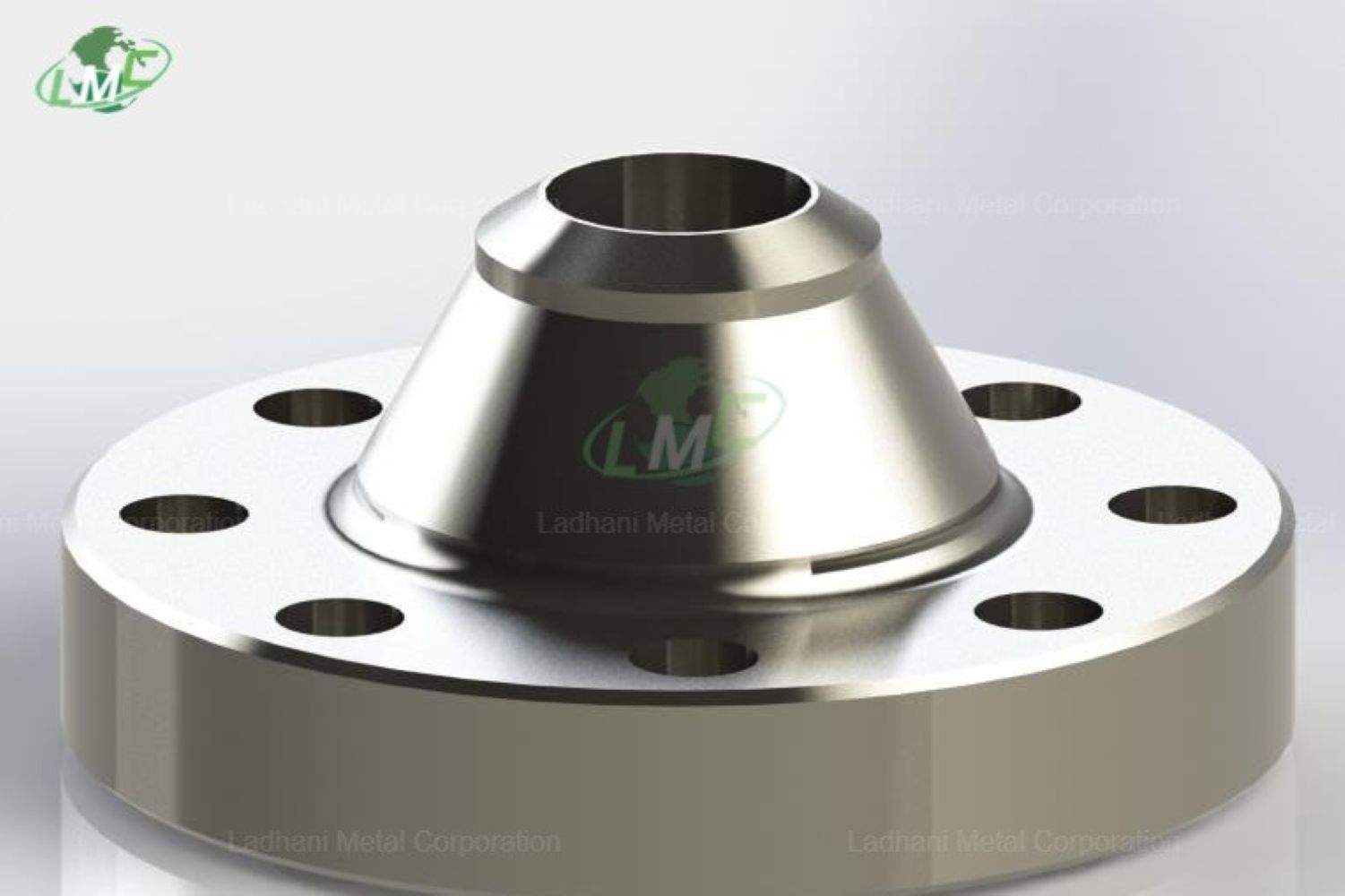DIN 2543 Inconel Flanges are flanges made from Inconel, a group of nickel-chromium superalloys known for their excellent corrosion resistance, high strength, and ability to withstand high temperatures. These flanges are often used in extreme environments where both heat resistance and corrosion resistance are required, such as in aerospace, chemical processing, and power generation industries. Material: Typically made from Inconel alloys, most commonly Inconel 600, Inconel 625, and Inconel 718. Pressure Rating (PN16): Rated for 16 bar (approx. 232 psi) at 20°C (68°F), making them suitable for medium-pressure applications. Key Features of DIN 2543 Inconel Flanges: Corrosion Resistance: Inconel alloys offer excellent resistance to corrosion, particularly in high-temperature environments. High-Temperature Strength: Inconel flanges maintain their strength even at high temperatures (up to around 1000°C/1832°F), which makes them well-suited for use in gas turbines, furnaces, and heat exchangers. Durability: Inconel materials are designed to provide long-lasting durability under high-stress and high-temperature conditions, even in aggressive corrosive environments. Weldability: Inconel alloys are generally weldable, though careful attention must be given to the welding process to avoid any cracking or other issues associated with high-temperature alloys. Types of Inconel Flanges (DIN 2543): Weld Neck Flanges (WN): These flanges have a long neck that provides additional strength by allowing for a strong weld between the flange and the pipe. Ideal for high-pressure and high-temperature systems. Slip-On Flanges (SO): These flanges slide over the pipe and are welded inside and outside. They are easy to install and are commonly used in medium-pressure applications. Blind Flanges (BL): Used to seal the end of a piping system, preventing the flow of fluids. These flanges do not have a hole in the center. Socket Weld Flanges (SW): These flanges have a socket for the pipe to fit into, which is then welded. They are used in small-bore systems where high-pressure conditions are present. Lap Joint Flanges (LJ): These flanges are paired with a lap joint stub end. They allow easy alignment and disassembly, making them ideal for systems that require frequent maintenance. Common Inconel Grades for DIN 2543 Flanges: Inconel 600: Composition: Approximately 72% nickel, 14-17% chromium, and 6-10% iron. Properties: Excellent resistance to oxidation and corrosion at high temperatures, especially in sulfuric acid and chloride environments. Inconel 625: Composition: Approximately 58% nickel, 22% chromium, and 9% molybdenum. Properties: Outstanding resistance to both high temperatures and a wide range of corrosive environments, including seawater, acids, and oxidizing environments. Inconel 718: Composition: Approximately 50-55% nickel, 17-21% chromium, and 4-5% molybdenum. Properties: Known for its high strength and resistance to heat, oxidation, and corrosion, especially in high-temperature environments. Pressure Rating (PN16): PN16 refers to the pressure rating of 16 bar (approx. 232 psi) at 20°C (68°F). #flanges #din2543 #din2543inconelflanges #inconelflanges
Send Message
